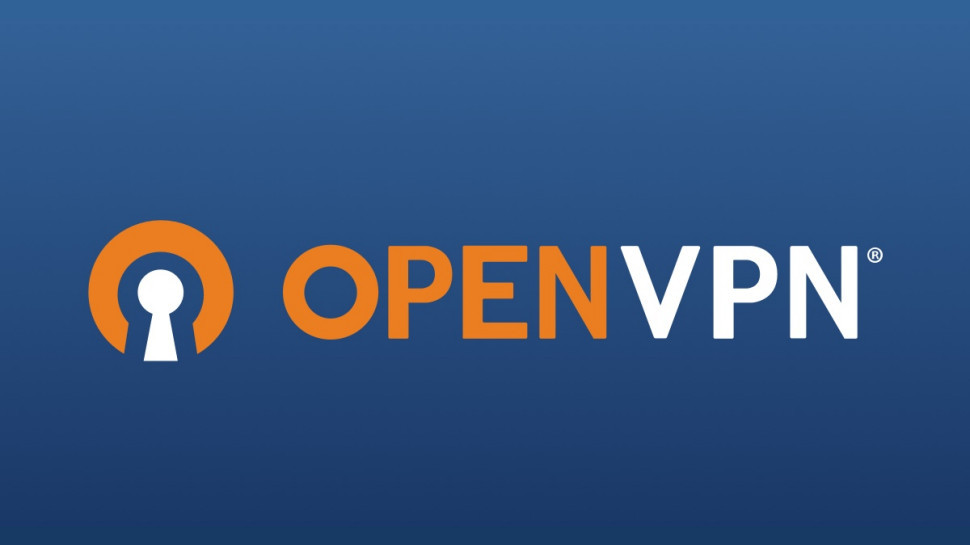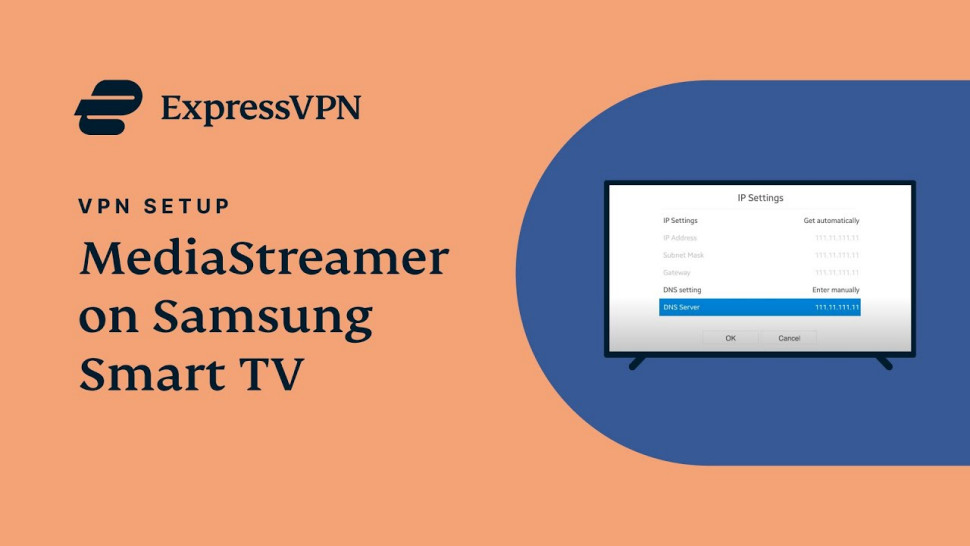What to do if your VPN doesn't unblock Netflix any more

You thought you'd done everything right. Researched your VPN carefully, took a trial or two, found a service which unblocked all your favorite streaming sites. But then, overnight, it all changed. And now Netflix (or your alternative platform of choice) doesn't give you access, any more.
That's annoying, to put it politely. But it's not your fault. You may well have chosen the perfect Netflix VPN at the time, but the top streaming sites are always looking to fight back, find new ways of blocking VPNs, and you've just been caught in the latest crossfire.
But this doesn't have to be the end of the story. You might be blocked right now, but here we'll explain several tricks you can use to restore your normal content-viewing service, and sometimes in just a couple of clicks.
Today's top VPN for Netflix is ExpressVPN
Netflix makes unblocking exclusive content around the world a difficult task, but our testing shows that ExpressVPN is the best at getting around it. We've found we can get access to movies and shows in countries as diverse as the US, UK, Canada, Germany, France, Brazil and Australia. Plus, it's really easy to use, features super fast servers and you can try it out with a 30-day money-back guarantee.
Try another VPN location
Websites prevent VPN access by detecting suspect IP addresses and blocking them.
If this happens to you, connecting to a different VPN location in the same country (if your provider supports that) should get you a new IP address, and another chance at unblocking success.
Cycling through every possible option can take a while. NordVPN offers servers in 15 US cities, for instance, so you might easily spend 10-15 minutes working your way through the list.
If you don't have to access the target site right now, try just one or two alternative locations, then leave it for a couple of days. Your provider knows when it's not unblocking a popular platform any more, just by the volume of customer complaints, and a good VPN will be looking for solutions immediately. If that's successful, normal unblocking service might be quickly restored without you having to do anything at all.

Contact support
When changing location doesn't get you access to your target website, try asking your VPN's support for advice.
If the provider is already aware of the problem, you could get an answer within minutes. Instead of manually working your way through every US city on NordVPN's list, for instance, the support team might be able to tell you right away which locations still work.
And if a provider hasn't realized there's a problem, yet, then they need to know. Your report might help persuade them there's something they need to investigate, and get them working more quickly on finding a solution.
Access Netflix in another way
Websites might sometimes detect and block you because of some odd issue with whatever browser or app you're using. You could try to fix this with a few standard troubleshooting tips, such as the old favorite 'clear your cache and try again', but a simpler option is just to try to access the site via another route.
Suppose you're currently trying to access Netflix via Chrome on a Windows 10 laptop, for instance. Try again using an incognito window, to make sure you're unaffected by existing cookies. Repeat the process in Edge. And if that fails, open the Microsoft Store, download and run the Netflix app.
Try another device, too, if you have one available. A different platform is best. If you can't unblock Netflix on iPhone #1, you'll probably see the same with iPhones #2 and #3. But if you've also installed the VPN on an Android device and a Windows laptop, they may deliver better results.

Change your VPN protocol
VPN servers won't necessarily support every VPN protocol offered by a provider. ExpressVPN gives you an impressive choice of 16 Americas locations when using Lightway or OpenVPN, for instance, but only three if you're using L2TP. And a smaller choice of locations could mean fewer IP addresses, and less chance of unblocking a website.
If you've changed VPN protocols in the past, try switching to your provider's default setting. That's often something like 'Automatic', where the app chooses the best protocol for you. If the provider has its own custom protocol - ExpressVPN's Lightway, NordVPN's NordLynx - then that's also a good option. If all else fails, try OpenVPN.
Protocol changed, try connecting to a few locations again. Even if you don't have any new cities on the list, it's possible you'll get different IP addresses, and another opportunity to bypass the block.
Switch to a browser extension
Using a full-strength VPN is a big improvement over a simple browser proxy, because it protects all your app and system traffic: not just your browsing.
If your provider also offers a stand-alone VPN browser extension, though - something which can connect to the VPN on its own, and doesn't reply on the main app - then we've found that can sometimes give better unblocking results.
Okay, it's true, viewing Netflix in a browser tab may not help very much, especially when you really want to stream it on a Smart TV or are using an Amazon Fire TV Stick VPN. But it's quick and easy to try, and if nothing else, gives you helpful information which you can pass back to your VPN's support.

Try Smart DNS
ExpressVPN, NordVPN, Surfshark, CyberGhost and many other VPN providers offer Smart DNS, a clever technology which gives you another way to unblock websites.
Smart DNS works by using alternative DNS settings to make it appear as though you're in another country. It's far more basic than a VPN - it doesn't encrypt your traffic, for instance - and may be less successful at unblocking than the full VPN service. But it's easy to set up, even on devices which can't run your VPN's apps (a smart TV, say), and we've occasionally found SmartDNS gets us access to a site where the main service fails.
Providers don't always boast about their Smart DNS support, and in many cases the settings you need will be tucked away in an obscure corner of your web account dashboard. Search your provider's support site for more information. Normally searching for Smart DNS is enough, but some provider's have a brand name for their particular technology - ExpressVPN's is called MediaStreamer, for example - and using that will get you the best results.
Sign up for breaking news, reviews, opinion, top tech deals, and more.

Mike is a lead security reviewer at Future, where he stress-tests VPNs, antivirus and more to find out which services are sure to keep you safe, and which are best avoided. Mike began his career as a lead software developer in the engineering world, where his creations were used by big-name companies from Rolls Royce to British Nuclear Fuels and British Aerospace. The early PC viruses caught Mike's attention, and he developed an interest in analyzing malware, and learning the low-level technical details of how Windows and network security work under the hood.
